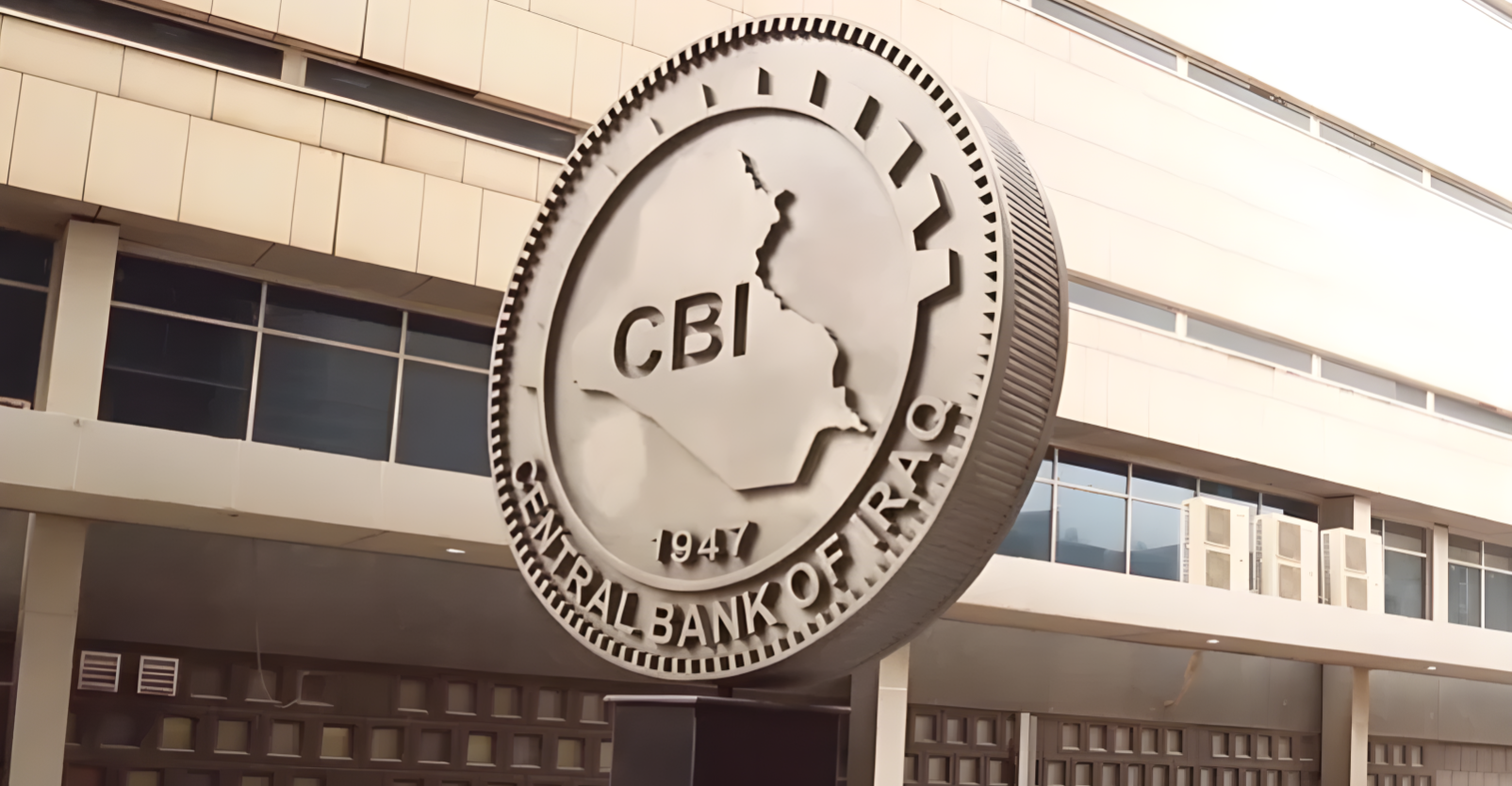New instructions from the Central Bank of Iraq to prevent dollar smuggling starting next month
 On Saturday, the Echo Iraq Observatory revealed new instructions issued by the Central Bank to all authorized banks in the country regarding financial transfers and customs clearance procedures related to the requirements for approving special commercial invoices.
On Saturday, the Echo Iraq Observatory revealed new instructions issued by the Central Bank to all authorized banks in the country regarding financial transfers and customs clearance procedures related to the requirements for approving special commercial invoices.
The Observatory said in a statement received by Shafaq News Agency, “The Central Bank, in Circular No. (267/4/9) dated 10/15/2025, decided to include in commercial invoices a set of basic information, including: shipping and payment terms, value and invoice currency, and the Global Harmonized System of Classification and Labelling of Goods (GHS) code,” adding, “As well as the addresses of the importer and destination, an accurate description of the goods, their origin, their trademark, quantity and unit of measurement, and the unit and total price.”
He explained that “the circular stipulates that one of the following invoices must be approved: the final commercial invoice, or the preliminary invoice attached to the sales contract, provided that the final invoice contains all the data of the preliminary invoice.”
According to Echo Iraq, “these instructions will be implemented starting November 1, 2025,” indicating that “the aim of the decision is to regulate foreign financial transfers and enhance transparency and accuracy in customs clearance as part of the national automation project.”
The Observatory believes that “this step has several positive aspects, most notably enhancing the standardization of procedures and reducing errors in commercial transactions, in addition to supporting the customs automation project.”
This decision comes as part of the efforts of the Central Bank of Iraq and government agencies to develop the financial and administrative environment and improve the level of oversight and compliance with international standards in foreign trade.
The Eco Iraq Observatory is a media research institution specializing in analyzing the country’s economic performance. It focuses on oil prices and their impact on the budget, in addition to monitoring the performance of Iraqi banks and their role in supporting the economy and financing projects.
Shafaq.com
